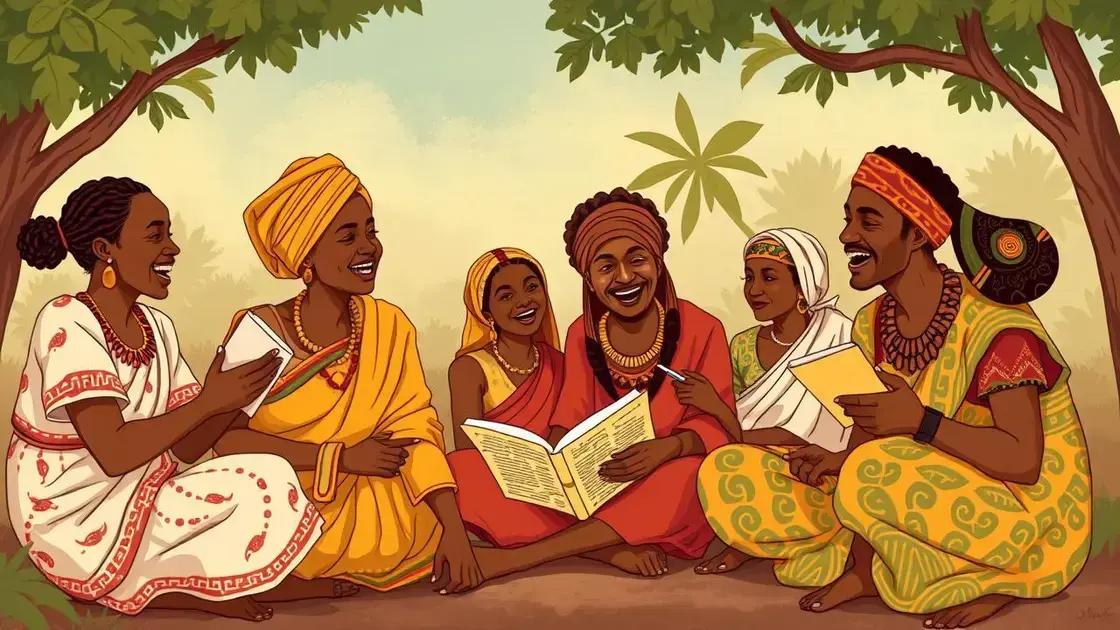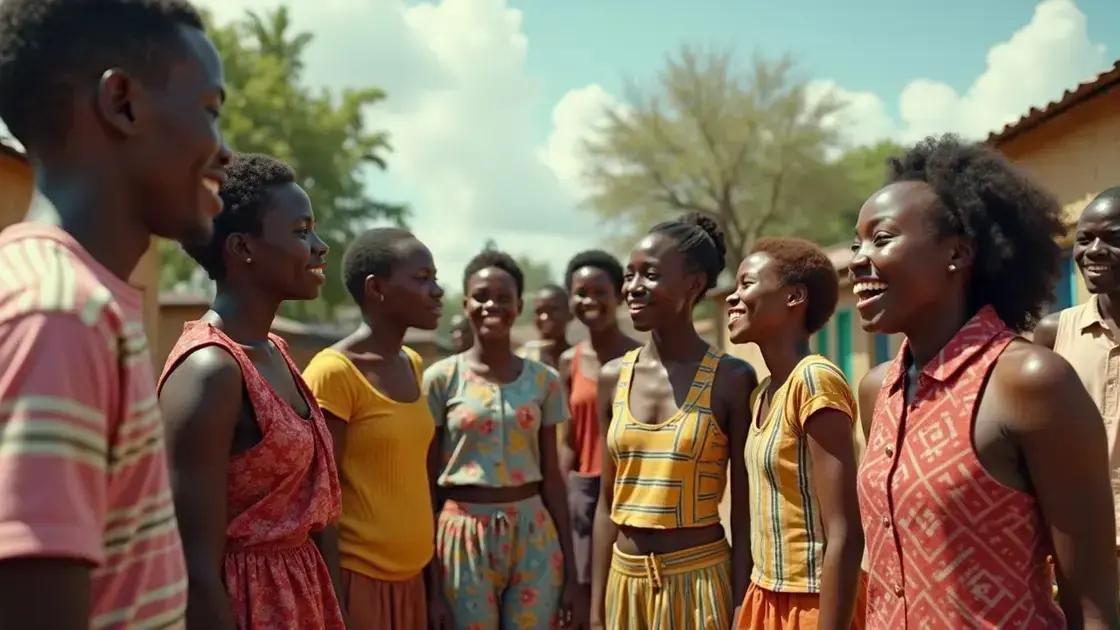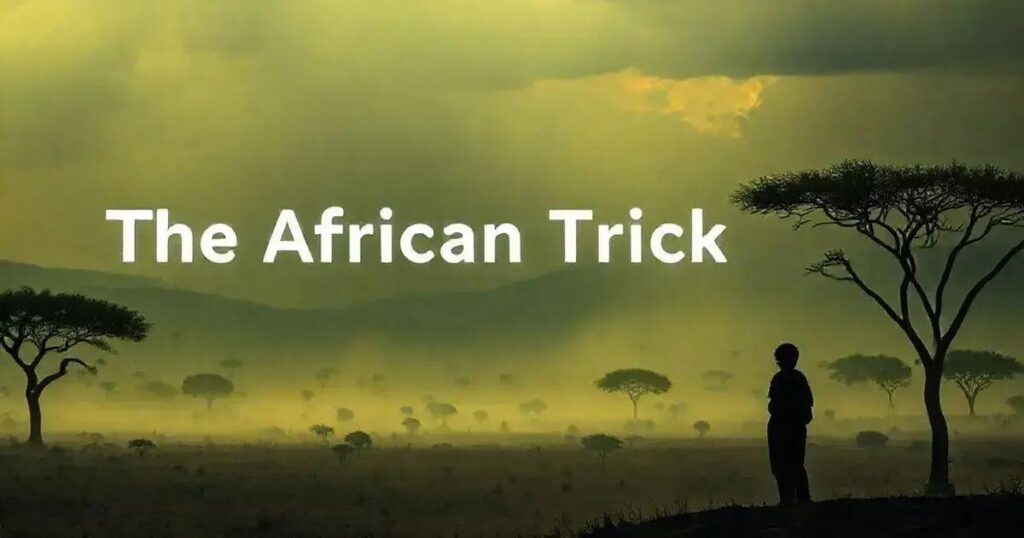The African Trick encompasses traditional practices that can have both entertaining and serious implications, including psychological effects and social consequences. Understanding its roots and potential side effects is essential for appreciating its cultural significance while fostering respectful interactions within communities.
Are there side effects of the African Trick? This question has sparked curiosity among many, as individuals seek to understand the effects and implications of this intriguing phenomenon. It’s crucial to explore the potential impacts and challenges associated with the African Trick. In this article, we will delve into the essence of the African Trick and examine the possible side effects.
Understanding the African Trick

Understanding the African Trick involves a deep dive into its origins, purpose, and the cultural contexts that shape its application. At its core, the African Trick refers to a traditional practice or belief that may vary in meaning across different communities within Africa. This term can encompass various aspects, including folklore, medicinal practices, or even social strategies that have been passed down through generations.
The Roots of the African Trick
Historically, many African societies have utilized tricks or clever methods to navigate their environments and social structures. These could be used for purposes ranging from deception in storytelling to practical jokes among friends. Understanding these roots is essential for grasping the broader implications and benefits of the African Trick.
Cultural Significance
In many African cultures, the African Trick is not merely a trick; it has profound implications for community bonding and teaching important life lessons. Through these traditions, elders often impart wisdom and values to younger generations, showcasing the importance of cleverness and adaptability in real-life scenarios.
Beyond entertainment, the African Trick may also play a role in rituals and ceremonies, providing a means of engaging with spirituality and community identity. Therefore, it’s important to appreciate how this concept integrates into the daily lives of many African communities.
Possible Side Effects of the African Trick

Possible Side Effects of the African Trick are often misunderstood and overlooked. While the African Trick may bring joy and entertainment, it can also have unexpected impacts on individuals and communities. Understanding these side effects is crucial for deriving the full context and implications of this practice.
Psychological Effects
One possible side effect involves psychological responses. Engaging in tricks can lead to feelings of guilt or shame, especially if someone feels they have crossed a moral boundary. Additionally, prolonged exposure to deceptive practices, whether in stories or real life, could affect trust and relationships among peers.
Social Consequences
In a social context, the African Trick may also create divisions among groups. If some individuals perceive tricks as harmful or disrespectful, it may lead to conflicts within communities. Misinterpretations of intention can cause rifts, where some perceive the trickster as humorous while others see them as deceitful. Being aware of these social dynamics can help prevent misunderstandings and foster a more inclusive environment.
Furthermore, the cultural significance of the African Trick means that its effects can vary widely depending on context and reception. What is considered funny in one community may be viewed as offensive in another, showcasing the need for sensitivity and awareness.
In Conclusion: Understanding the African Trick
Exploring the African Trick reveals a rich cultural tapestry that offers both entertainment and lessons in community and connection. While understanding its roots and cultural significance is essential, it is equally important to recognize the possible side effects that can arise in social dynamics.
Being mindful of the psychological and social consequences can help foster healthier interactions within communities. By appreciating the complexity of the African Trick, we can enjoy its playful elements while respecting the diverse perspectives that may arise from its practice.
Ultimately, recognizing both the joy and potential misunderstandings associated with the African Trick enables us to embrace its essence while promoting unity and understanding within our communities.
FAQ – Frequently Asked Questions about the African Trick
What is the African Trick?
The African Trick refers to a traditional practice or belief that varies across African communities, often involving clever methods of storytelling or social interaction.
What are the cultural significances of the African Trick?
The African Trick embodies important cultural lessons, helping to preserve traditions and strengthen community bonds through humor and cleverness.
Are there psychological effects associated with the African Trick?
Yes, engaging in tricks may lead to mixed feelings such as guilt or shame, especially if perceived as crossing a moral line in the community.
Can the African Trick create social conflicts?
Yes, interpretations of the African Trick can vary significantly, potentially leading to misunderstandings and conflicts within and between communities.
How does the African Trick vary across regions?
The practice and perception of the African Trick can differ widely among regions, reflecting the unique cultural contexts and traditions of each community.
What should be kept in mind when practicing the African Trick?
Awareness of the cultural context and the potential social consequences is crucial to ensure that the practice remains respectful and enjoyable for everyone involved.













